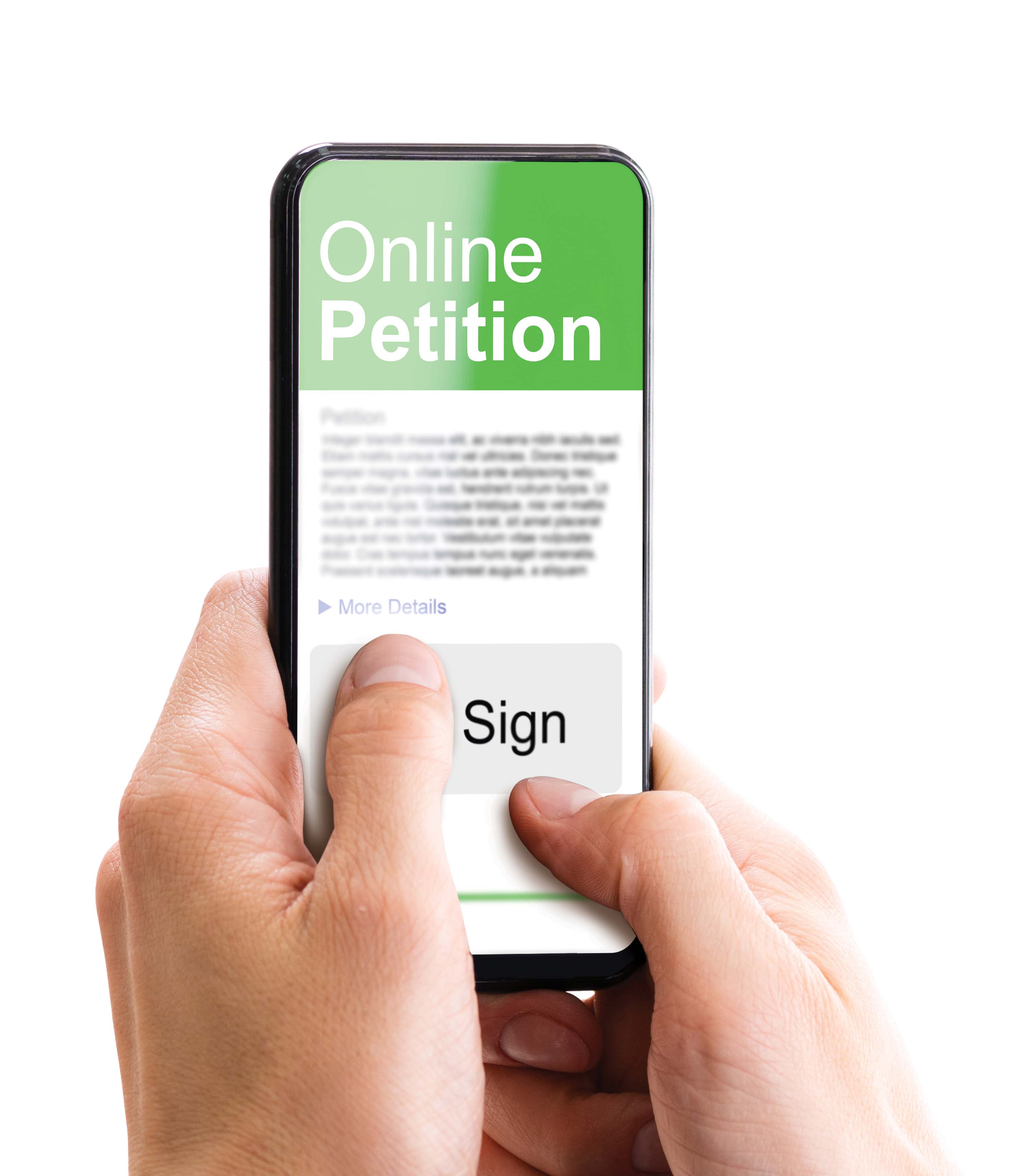Signing online petitions dampens donations
Such token acts of support, or clicktivism, reduced the likelihood of donating by half.

Would people who sign online petitions to support a social cause they feel is important later walk the talk and donate to it?
This is unlikely to happen, according to new research by Assoc Prof Kim Nuri, Assoc Prof Kim Hye Kyung and final year students from NTU’s Wee Kim Wee School of Communication and Information. People who engage in small acts of token support online – or clicktivism – were reportedly less likely to donate to a cause than those who did not sign any petition.
In the study, 190 college students in Singapore were asked to rank their support for three social causes: elderly care, mental health awareness and reducing plastic waste. For their participation, each student received S$10 (US$7.56).
Some participants were then randomly invited to sign an online petition for their first ranked social cause, such as advocating a charge for plastic bags in supermarkets.
All participants were later asked how much of their S$10 incentive they would donate to their top cause.
The study found that participants who signed an online petition were half as likely to donate to their cause than those who did not sign a petition. This is consistent with the moral self-licensing theory, which states that people might act in morally questionable ways later if they have already performed a good deed.
Based on their findings, the researchers suggest that it might be more effective to get people to donate before asking them to share online their act of donating with others.
---
Details of the study “The moral license of a click: How social observability and impression management tendencies moderate the effects of online clicktivism on donation behaviour” can be found in New Media & Society (2023), DOI: 10.1177/14614448231153971.
The article appeared first in NTU's research & innovation magazine Pushing Frontiers (issue #23, March 2024).














/enri-thumbnails/careeropportunities1f0caf1c-a12d-479c-be7c-3c04e085c617.tmb-mega-menu.jpg?Culture=en&sfvrsn=d7261e3b_1)

/cradle-thumbnails/research-capabilities1516d0ba63aa44f0b4ee77a8c05263b2.tmb-mega-menu.jpg?Culture=en&sfvrsn=1bc94f8_1)

7e6fdc03-9018-4d08-9a98-8a21acbc37ba.tmb-mega-menu.jpg?Culture=en&sfvrsn=7deaf618_1)

5872e661-3cf5-41b6-abee-8d297a83209c.tmb-listing.jpg?Culture=en&sfvrsn=61d1c8d7_1)
.tmb-listing.jpg?Culture=en&sfvrsn=77159c9f_1)



